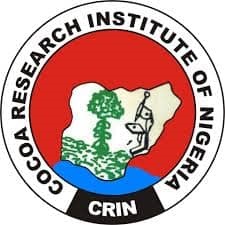The Tertiary Institutions Entrepreneurship Scheme (TIES), an initiative of the Central Bank of Nigeria (CBN) targeted at empowering graduates of Nigerian polytechnics and universities with entrepreneurial skills, has been described as capable of drastically reducing unemployment and boosting food production.
Some stakeholders expressed optimism while speaking with The Guardian on the scheme put in place by the Federal Government.
The Central Bank of Nigeria (CBN), as part of effort to boost economic growth and reduce unemployment among graduates, recently introduced the TIES.
The scheme, according to the apex bank, is designed to create a paradigm shift among undergraduates and graduates from the pursuit of white collar jobs to a culture of entrepreneurship geared towards job creation, economic growth and sustainable development.
The CBN, therefore, developed the TIES in partnership with the academia to unleash the potential of the Nigeria graduate entrepreneurs (gradpreneurs) by providing re-orientation, training and an innovative financing model that would enhance the entrepreneurial ecosystem with transformational impact on the economy.
Specific benchmarks include 25,000 gradpreneur-led innovative start-ups and businesses yearly; creation of 75,000 jobs yearly and no fewer than 50 per cent of female-gradpreneurs would be financed as a percentage of total projects.
Eligible businesses to be covered under the scheme include innovative start-ups and budding businesses owned by graduates of Nigerian polytechnics and universities in the areas of agribusiness (production, processing, storage and logistics); information technology (application/software development, business process outsourcing, robotics, data management); creative industry (entertainment, artwork, publishing, culinary/event management, fashion, photography, beauty/cosmetics) and science and technology (medical innovation, robotics and ticketing, among others).


